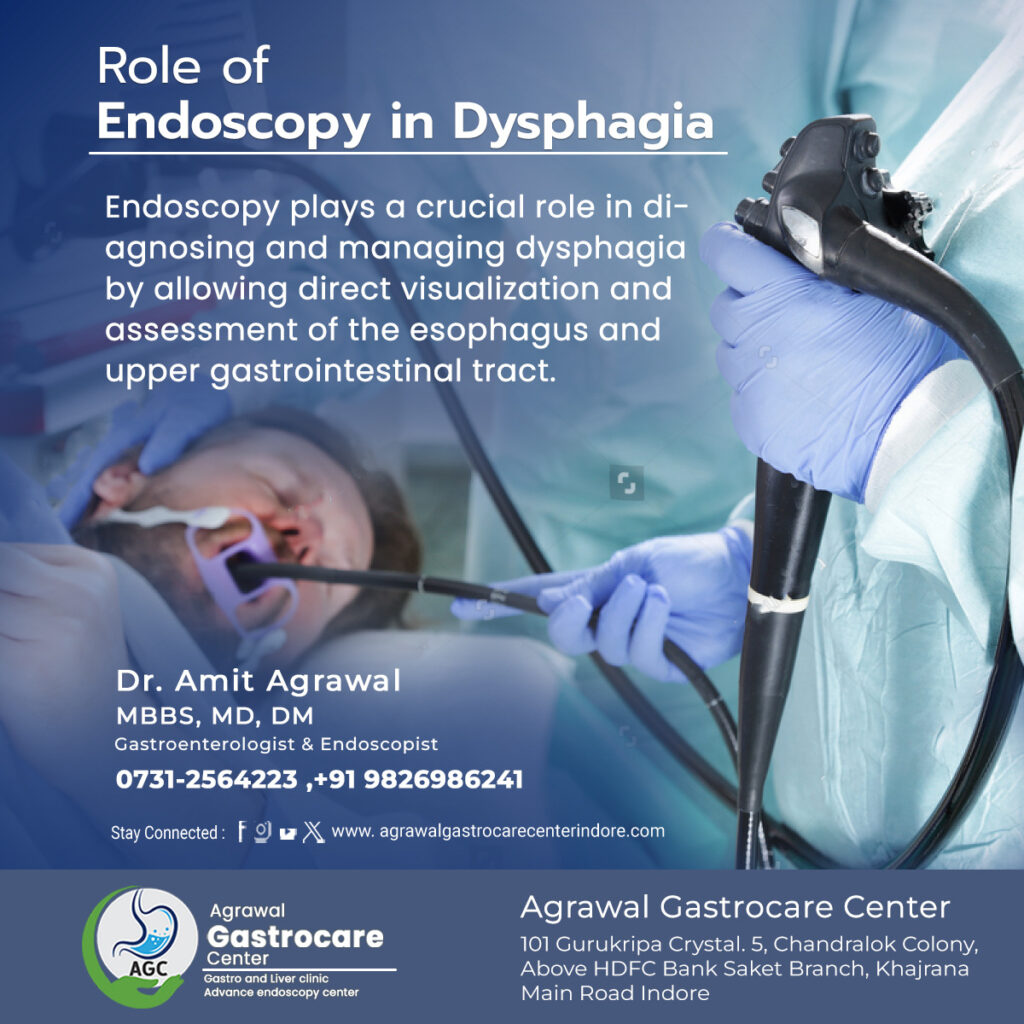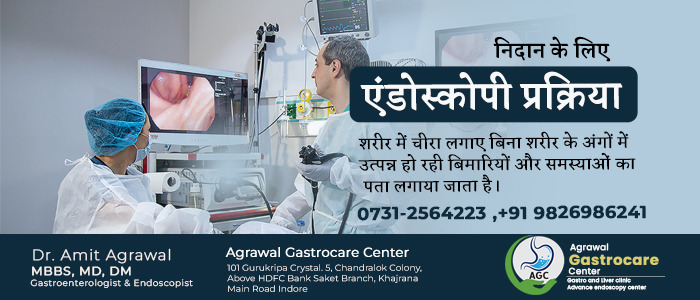Role of Endoscopy in Dysphagia
What is Dysphagia?
Dysphagia is when someone has trouble swallowing food or drinks. This can happen for different reasons. Some people might feel pain when they swallow, or it might feel like food is stuck in their throat.
Others might cough or choke when eating or drinking. They might do tests to look inside the throat and esophagus. Treatment depends on what’s causing the problem.
It might include exercises to make the swallowing muscles stronger, changing the diet to softer foods, or sometimes surgery. Living with dysphagia can be hard, but there are ways to make it easier.
Eating slowly, taking small bites, and drinking lots of water can help. Some people might need to see a speech therapist to learn how to swallow better. With the right help, many people with dysphagia can manage their symptoms and eat safely.

Role of Endoscopy in Dysphagia
Endoscopy plays a crucial role in diagnosing and managing dysphagia, which is difficulty in swallowing. This procedure involves using a thin, flexible tube with a camera, called an endoscope, to look inside the esophagus, stomach, and the beginning of the small intestine.
When a patient has dysphagia, an endoscopy helps doctors see the inside of the esophagus to identify any abnormalities. It can detect problems like inflammation, strictures (narrowing), tumors, or blockages that might be causing swallowing difficulties.
This visual examination is vital because it allows for a direct and detailed view, which other tests may not provide. During the endoscopy, doctors can also take small tissue samples (biopsies) if they find anything unusual.
These samples are analyzed in a lab to check for conditions like infections, cancer, or other diseases that could be contributing to the dysphagia.
Endoscopy is essential in both identifying and treating the causes of dysphagia. It provides a clear view of the esophagus and allows for immediate intervention when necessary, making it a key tool in managing swallowing difficulties effectively.
Dr. Amit Agarwal
Director & Gastroenterologist Consultant
Agarwal Gastrocare Center Indore




